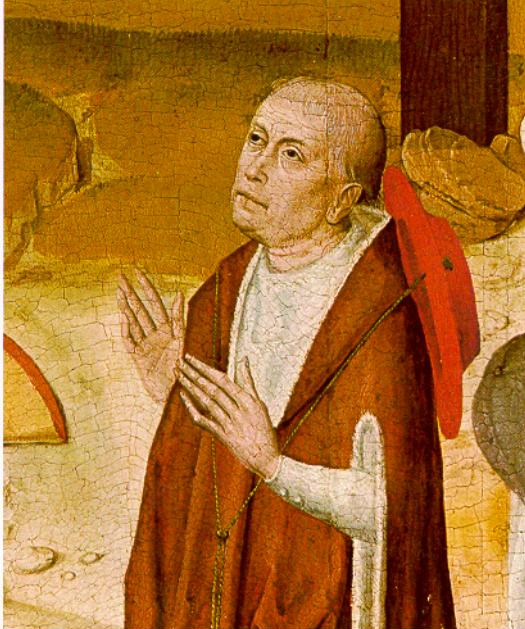“The universe has no circumference”
ibid.
Context: The universe has no circumference, for if it had a center and a circumference there would be some and some thing beyond the world, suppositions which are wholly lacking in truth. Since, therefore, it is impossible that the universe should be enclosed within a corporeal center and corporeal boundary, it is not within our power to understand the universe, whose center and circumference are God. And though the universe cannot be infinite, nevertheless it cannot be conceived as finite since there are no limits within which it could be confined.
